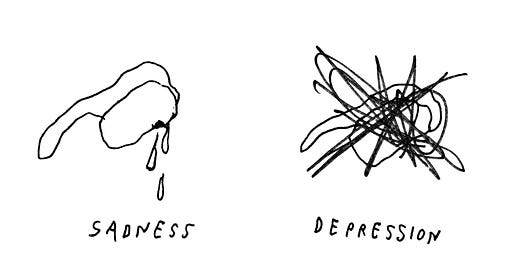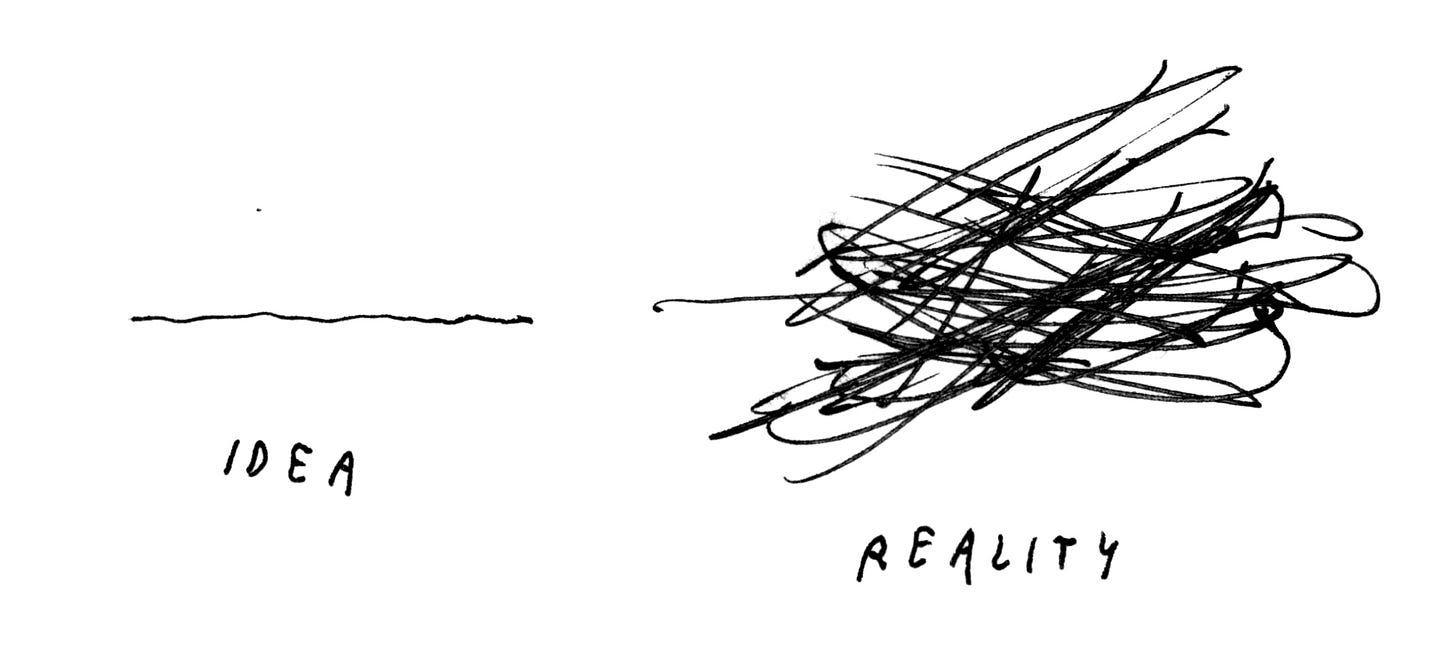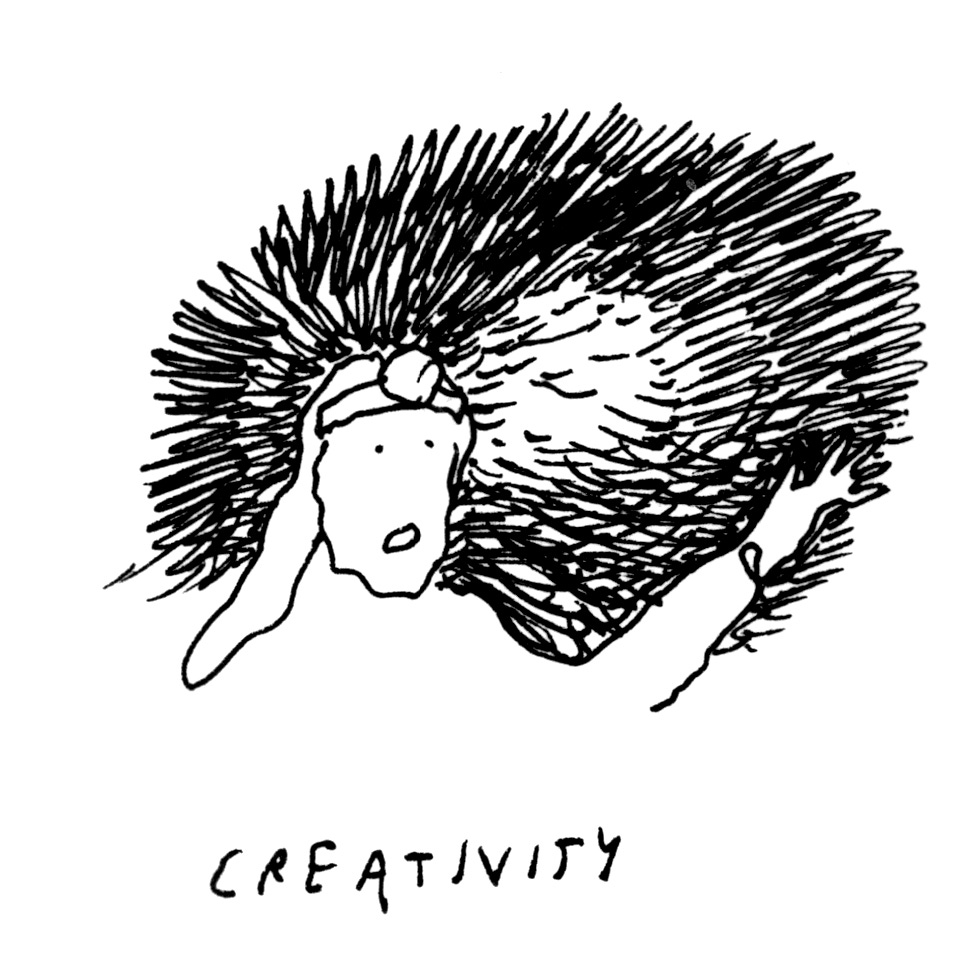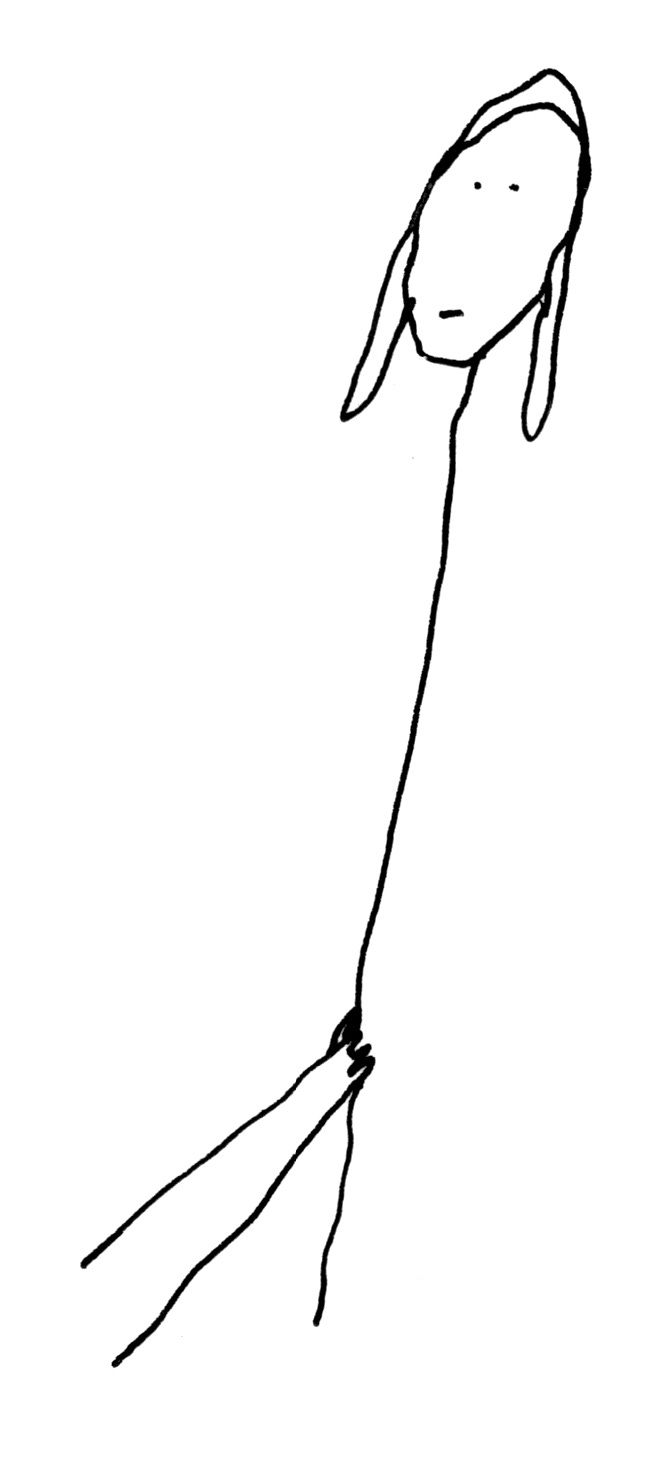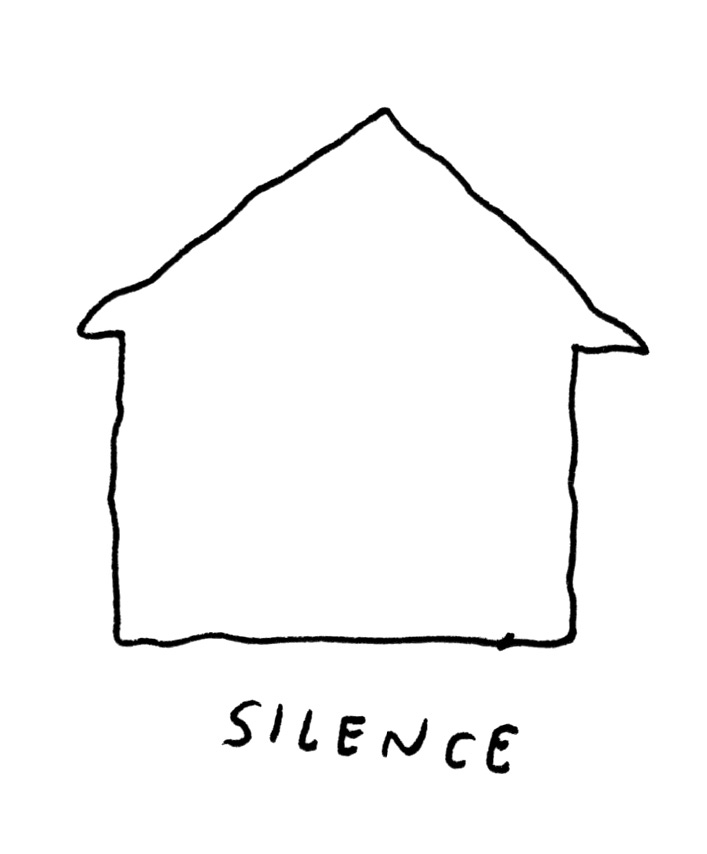I️ was in some ways (and not others) a little depressed for a couple years, maybe more. I️ don’t think I️ could have defined it from in the midst, but I️ can define it now: I️ was giving precedence to a world view that was not my own. I️ was editing myself down to a neutral oblivion.
During my fellowship last year in a tragic and stately mansion on the outskirts of Berlin, I️ started a book of etiquette I’d sold based on a pitch a few months earlier. I️ love writing book pitches, and coming up with ideas for projects in general. I’m a concepts person.
But no idea I’ve ever come up with has ever connected remotely to a thing I’ve made. (I️ love making things, too, but concepts have no part in the making process for me. I️ feel like the pieces of my brain - the ideas part and the making part - do not connect - and like this isn’t the case for most people).
So I️ wasn’t surprised when the book that oozed lugubriously out of me (this is totally normal) was a granular how-to manual “for awkward people” on how to exist in society. It included pieces of wisdom I’ve accumulated through my two decades living as an “awkward person” among crowds—
such as how to cope with the slowly looming danger of passing someone on the sidewalk, how to cope with the unremitting electric terror of sitting next to a person—especially someone with elbows—on a bus, and what to do when someone on the other side of the room is twitching their foot (answer: trick your brain by blocking your peripheral vision).
There was also: the agony of last-minute and “play-it-by-ear” plans, what to do if meeting with someone must, for whatever unfathomable reason, involve eating in front of them, how to regain your wits after being startled, and how to keep walking or whatever while being looked at—or at least looked towards. There was also a chapter on how to structure your day despite the always-present, always-new tidal wave of feeling, one on how to cope with the loneliness that comes from wanting people in one’s life while hating to “hang out,” and one on how to iron the big intuitive leaps and tangential asides out of one’s narratives.
I finished the manuscript without showing it to anyone. It wasn’t fun to make, but this is normal for me. The fun comes later, after someone tells me what I️‘m doing resonates with them. Then it’s safe to let loose a little more. When I️ did show people my how-to manual manuscript, the answer was mostly silence—the very same silence I️ know from childhood. The odd-angle silence of standing apart, cringing away, in photographs. Was the problem that the manuscript was, on a deep level, unrelatable? Am I️, on a deep level, unrelatable? I️ think probably yes, but there’s no way to know. If silence ever does contain answers, it has no doors.
A couple of event announcements, before I️ duck behind a paywall with the rest of this, um, essay:
I’ll be talking with my brilliant and dear friend Hadassa Goldvicht Thursday night Sept 26th at the Mid-Westchester JCC (Scarsdale/New Rochelle) at 6:30 PM (please disregard the spelling of my name, I’ve deliberately not corrected the name of the Mid-Westchester JCC even after googling it and realizing I️ wrote it wrong as revenge, rather than email them to ask that they correct my name).
And at the Brooklyn Book festival with Roz Chast (<3) in a conversation moderated by Tahneer Oksman (!) (two more brilliant/dear friends, what can I️ say) on Sunday Sept 29th. Roz won a big award at the Book Festival, too - come celebrate.
Keep reading with a 7-day free trial
Subscribe to Liana’s Newsletter to keep reading this post and get 7 days of free access to the full post archives.

